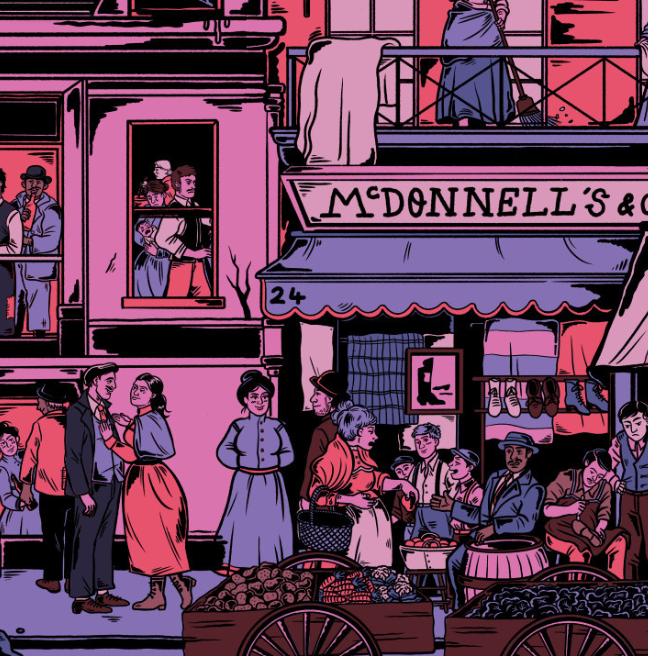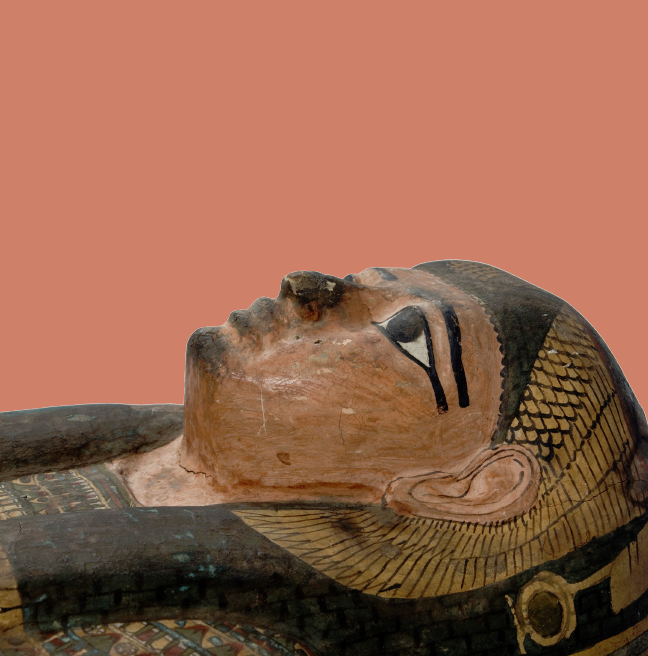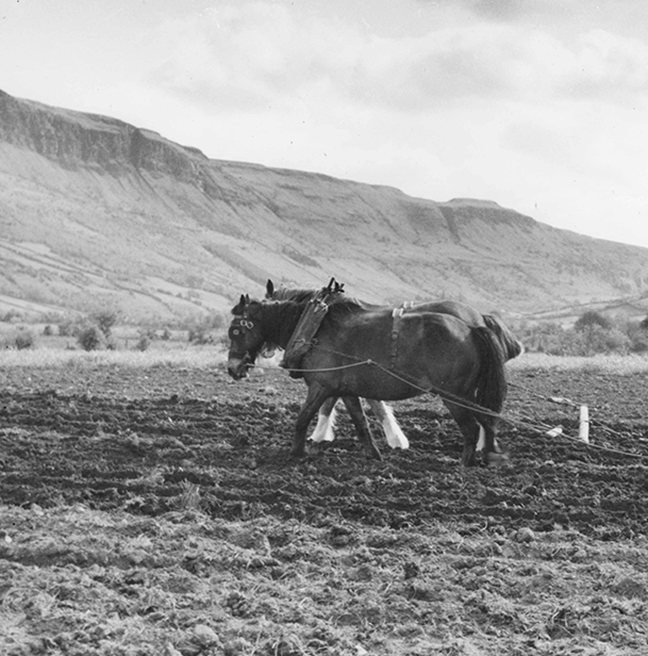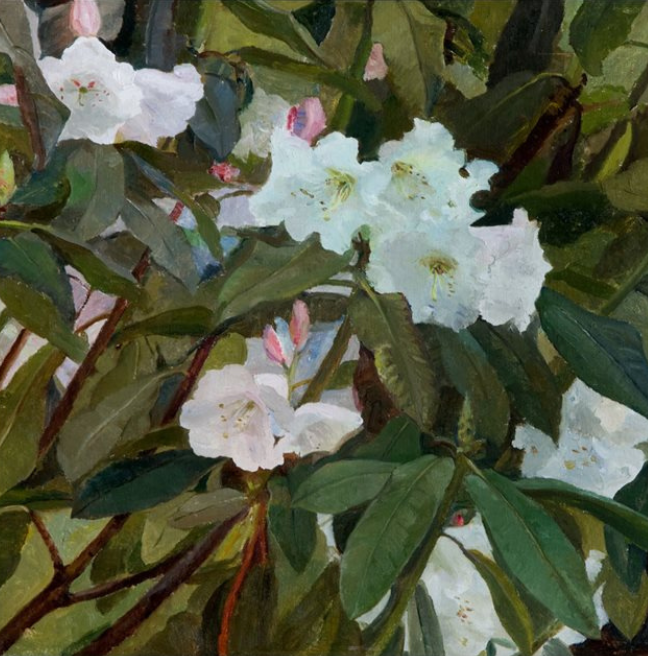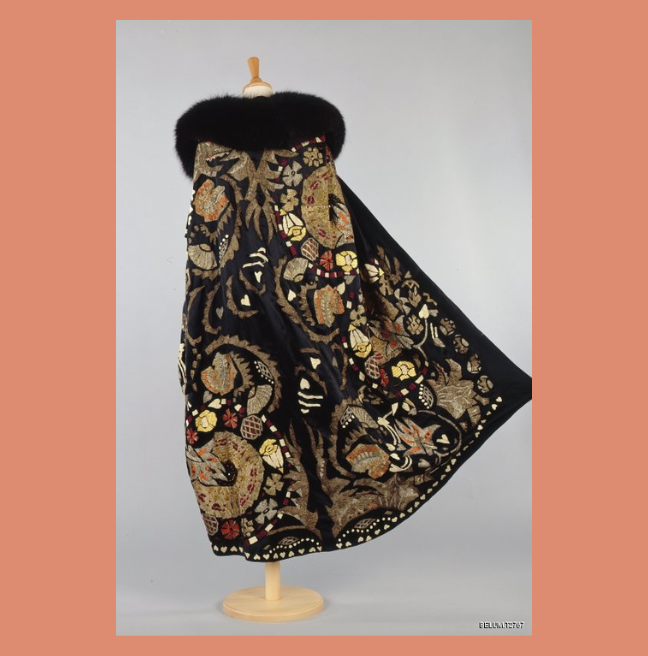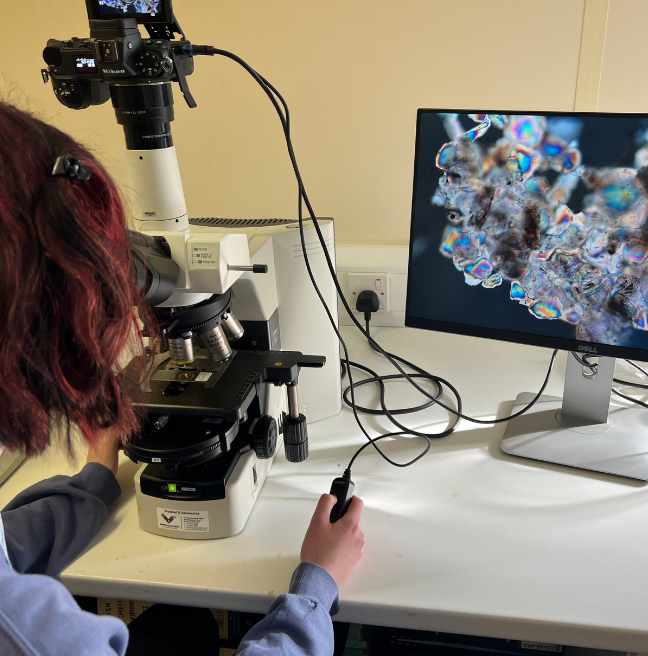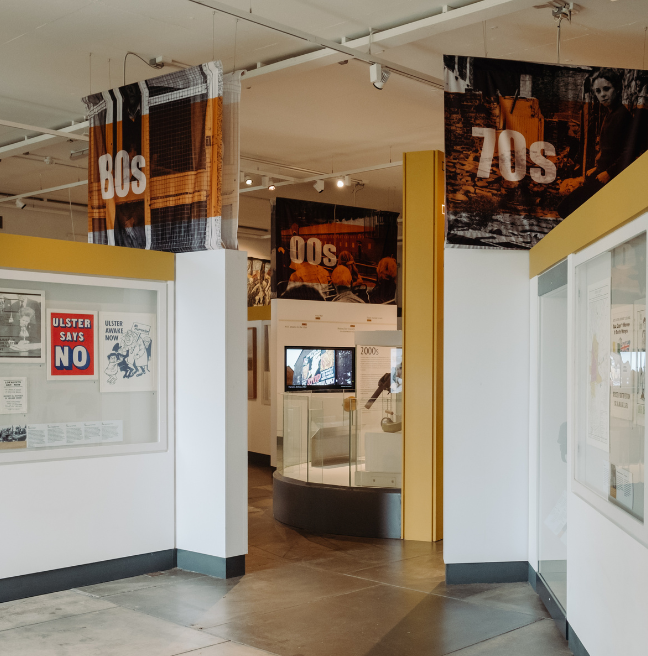Objective
Advance research that critically explores diverse and evolving identities, cultural expression, and cultural traditions, ensuring that National Museums NI’s collections, interpretation and programmes reflect contemporary society and engage with contemporary issues.
Research Focus
- Heritage, Migration, and Identity – Investigate how our collections help further understanding of cultural belonging, with a focus on how migration, diaspora, and evolving social identities influence heritage.
- Inclusive Global Histories – Examine the global histories and colonial legacies of collections, reassessing provenance and, through an inclusive approach that ensures marginalised voices are represented, promoting mutual respect and understanding.
- Memory Studies and Public History – Explore how memory, tradition, and commemoration shape public understanding of history and identity, using participatory research to ensure inclusivity.
- Language and Cultural Expression – Investigate the role of linguistic heritage, including research linked to the Inclusive Global Histories and the Languages of Ulster programmes, to understand how language shapes collective identity.
Research Approach
This theme will employ archival research, oral histories, cultural studies, and digital humanities methodologies to enhance understanding and the interpretation of museum collections. National Museums NI will work collaboratively with local, source and newcomer communities, academic institutions, and policy bodies to ensure that research is inclusive and actively informs exhibitions, the development, care and management of collections, and public engagement strategies.

